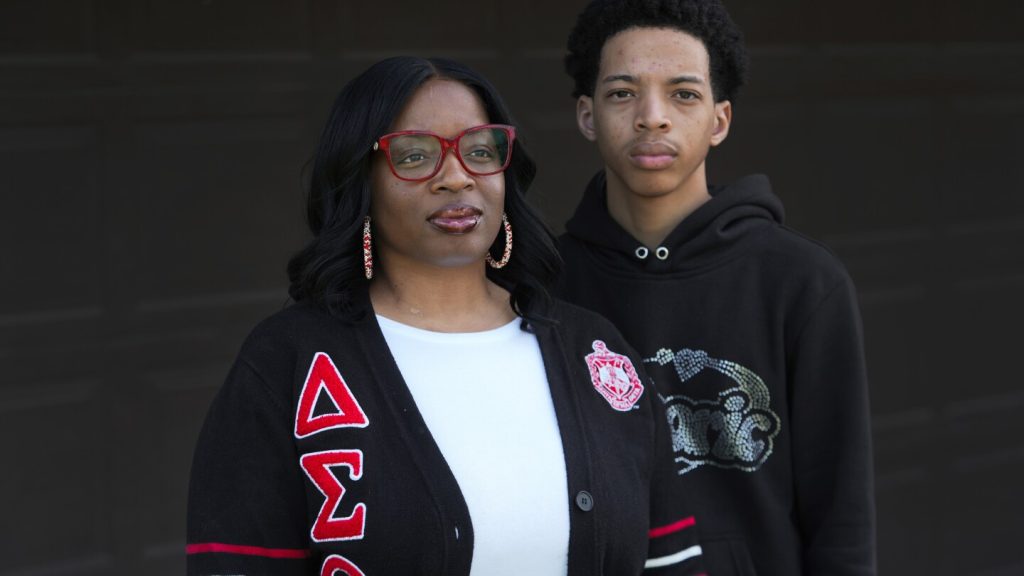Black families like Julian’s are still grappling with the legacy of segregation in American schools, 70 years after the landmark Brown v. Board of Education ruling. Despite the legal end of segregation, schools remain deeply divided along racial and socioeconomic lines, leaving parents like Denita Dorsey frustrated with the lack of options available in Michigan. Some Black families have turned to school choice as a way to find the best educational opportunities for their children, emphasizing the need for high-quality options over mere integration. For Julian, attending a predominantly Black school has provided more support and inclusivity than his previous predominantly white schools.
The Brown decision not only spurred the modern school choice movement but also laid the groundwork for state lawmakers to launch voucher programs as an alternative to desegregation orders. However, the arguments for school choice have evolved over time, shifting from a focus on social justice and equalizing education for lower-income families to a more individualistic approach centered on parental rights and school preferences. Some critics argue that the expansion of school choice lacks a social justice argument to address the needs of families trapped in poverty and zoned for low-performing schools.
The rise of school choice options has coincided with a resurgence of segregation in American schools, driven in part by the expansion of charter schools in some districts. Black families have increasingly turned to homeschooling as a way to shield their children from racism in classrooms and tailor their educational experiences to better meet their needs. However, the re-segregation of schools has had lasting academic consequences, with schools in low-income areas that serve predominantly students of color experiencing worse educational outcomes. Despite the benefits of school choice, parents like Janel Jones emphasize the need for equitable options that challenge students academically while also meeting their societal needs.
Julian’s experience at Saginaw High School in Michigan highlights the importance of finding a school that provides not only academic challenge but also a sense of support and inclusion for Black students. While some parents see the benefits of school choice in offering more tailored educational experiences, others caution that it is not a one-size-fits-all solution and must be accompanied by equitable opportunities. As Black families continue to navigate the complexities of the education system, the legacy of segregation and the ongoing quest for equitable schooling remain central challenges that must be addressed moving forward.


